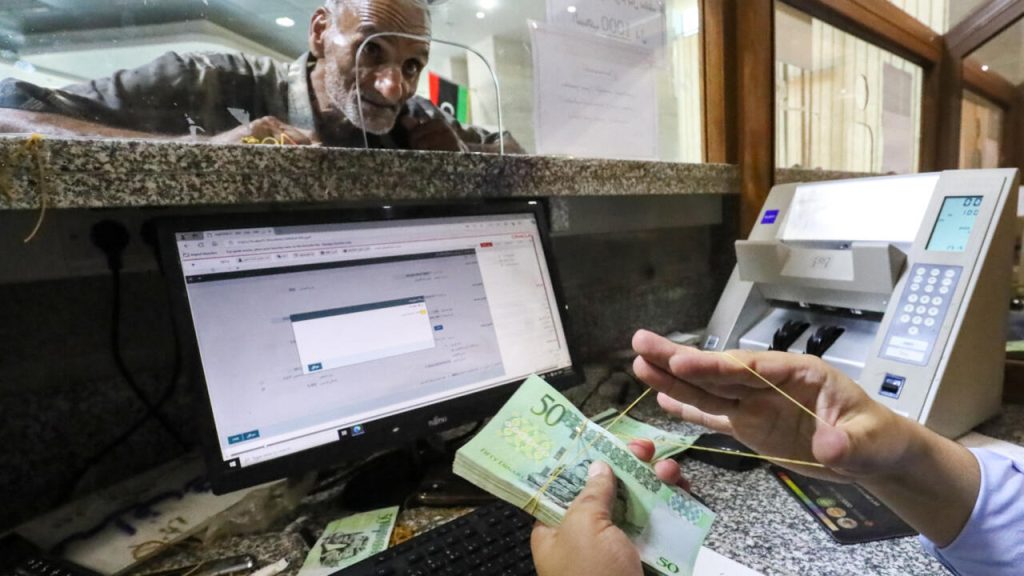In Libya, chronic cash shortages are driving citizens to adopt bank cards for everyday transactions, offering a glimpse of a potential shift towards cashless payments in a nation battered by over a decade of conflict and instability.
Across Libyan cities, withdrawing money often means long queues outside heavily guarded banks, with cash supplies frequently running out before everyone is served. Withdrawals are capped at 1,000 dinars, leaving many, particularly civil servants, struggling to access their salaries.
Mistrust in the banking system exacerbates the problem, with many Libyans choosing to hoard cash rather than redeposit it.

While cash remains king, the younger population is gradually embracing electronic transactions. In Misrata, a major commercial hub, there has been a surge in demand for bank cards.
Libya’s political divide has further complicated the situation. The central bank, previously split between rival factions in the East and West, has struggled to maintain currency stability. Multiple versions of 50-dinar banknotes have been issued, leading to confusion and rejection by businesses due to counterfeit concerns.
In response, the central bank injected 15 billion dinars into the financial system in October and encouraged banks to issue more cards to customers.


